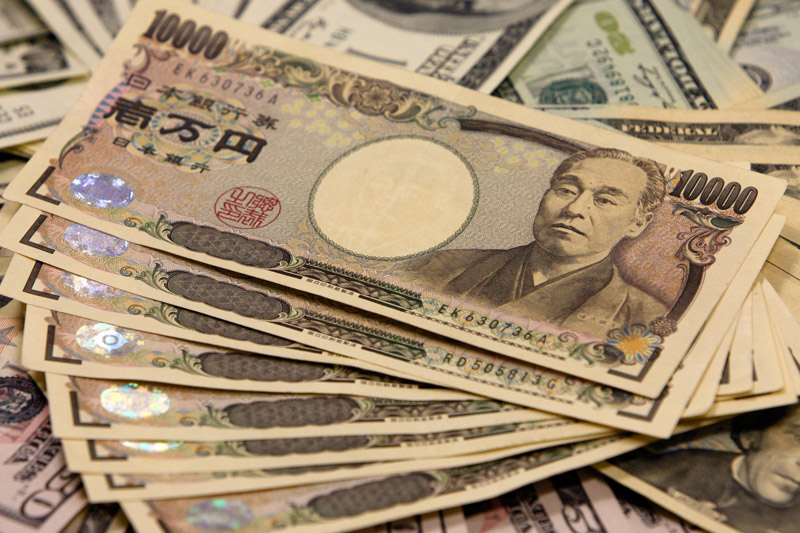Investing.com - The yen gained in early Asian trade on Monday in the lasts ession of the month as investors start putting the U.S. in sharper focus.
USD/JPY chnaged hands at 121.36, down 0.28%, while AUD/USD traded at 0.7144, down 0.31%
New Zealand is to release private sector data on business confidence, while Australia reports on company operating profits and privaet sector credit which is expected to show a gtain of 0.5%..
The U.S. dollar index, which measures the greenback’s strength against a trade-weighted basket of six major currencies, fell 0.05% to 96.09.
In the week ahead, investors will be focusing on Friday’s U.S. jobs report for August, which could help to provide clarity on the likelihood of a near-term interest rate hike.
Markets will also be watching surveys of the manufacturing and service sectors, factory orders and trade data from the world’s largest economy for fresh indications on the timing of a rate hike.
Central bank meetings in the euro zone and Australia will also be in focus.
On Monday, the euro zone is to produce preliminary data on consumer price inflation, while Germany is to publish data on retail sales.
Switzerland is to publish its KOF economic barometer.
Canada is to report on the current account.
The U.S. is to release figures on manufacturing activity in the Chicago region.
Last week, the dollar rose against the euro and the yen on Friday as comments from a senior Federal Reserve official indicated that the central bank could still raise interest rates next month despite the recent turmoil in global markets.
The dollar found support after Fed Vice Chairman Stanley Fischer said it was still too early to determine whether to raise short-term interest rates from near zero, where they have been held since December 2008, at the bank’s September meeting.
The dollar had weakened as fears over a slowdown in growth in China roiled global markets, with equities and commodities the hardest hit. Fears over China also prompted investors to push back expectations on the timing of an initial rate hike by the Fed.
But market sentiment improved after Beijing moved to ease monetary policy in order to shore up growth. China's central bank lowered interest rates for the second time in two months on Tuesday.
The dollar received an additional boost after data on Thursday showed that the U.S. economy grew at a faster than expected rate in the second quarter.
